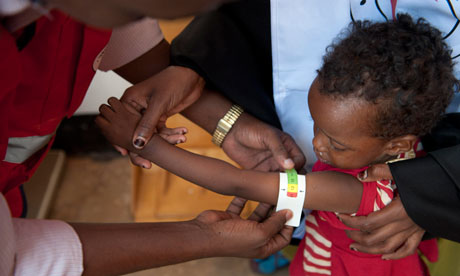International development is a highly competitive field, but the variety of roles means there are different routes in.
General guidelines
Even for entry-level roles (especially in desirable fields such as communications or campaigns) you’ll need the right skills and experience.
Volunteering helps you gain field experience and prove your commitment. Consider volunteering alongside a paid job, then applying for volunteering work abroad.
Alternatively, build relevant professional skills and specialist knowledge. Practical skills in health and engineering (for example) are in demand for emergency relief roles, but you can also establish a career in areas like HR, project management, IT or accountancy, then move into international development.
A master’s degree is often required for specialist roles such as policy or research, and is even preferred for some volunteer postings, but only undertake one after you have work experience and know which area interests you. Relevant experience is as valuable in other areas, such as advocacy or working in the field.
For further advice on getting in to the sector, read An insider’s guide to getting a job in international development.
Preparing to write your CV
Check that your skills and experience match the criteria. Katherine Tubb of 2Waydevelopment suggests that you need to fulfil at least 80% of the person specification.
In a Q&A on International Development, Beth Goodey from Restless Development says:
“We want applicants to show that they have an understanding of our organisation and work and most importantly have read and understood the role description, clearly outlining how their skills and experience match the requirements. Tailoring your application is key!”
Avoid generic CVs. A “master CV” including all your skills and experience helps you extract relevant information and reflect the person specification for each role.
Show commitment to the sector and the values of the organisation. Ben Paine of Medair says:
“Your values and commitment will be tested when you’re confronted with extreme need and difficult decisions. Few of the situations our organisations work in are simple. Being clear about values – and knowing that you share those with others making decisions – can avoid a lot of friction and misdirected effort.”










